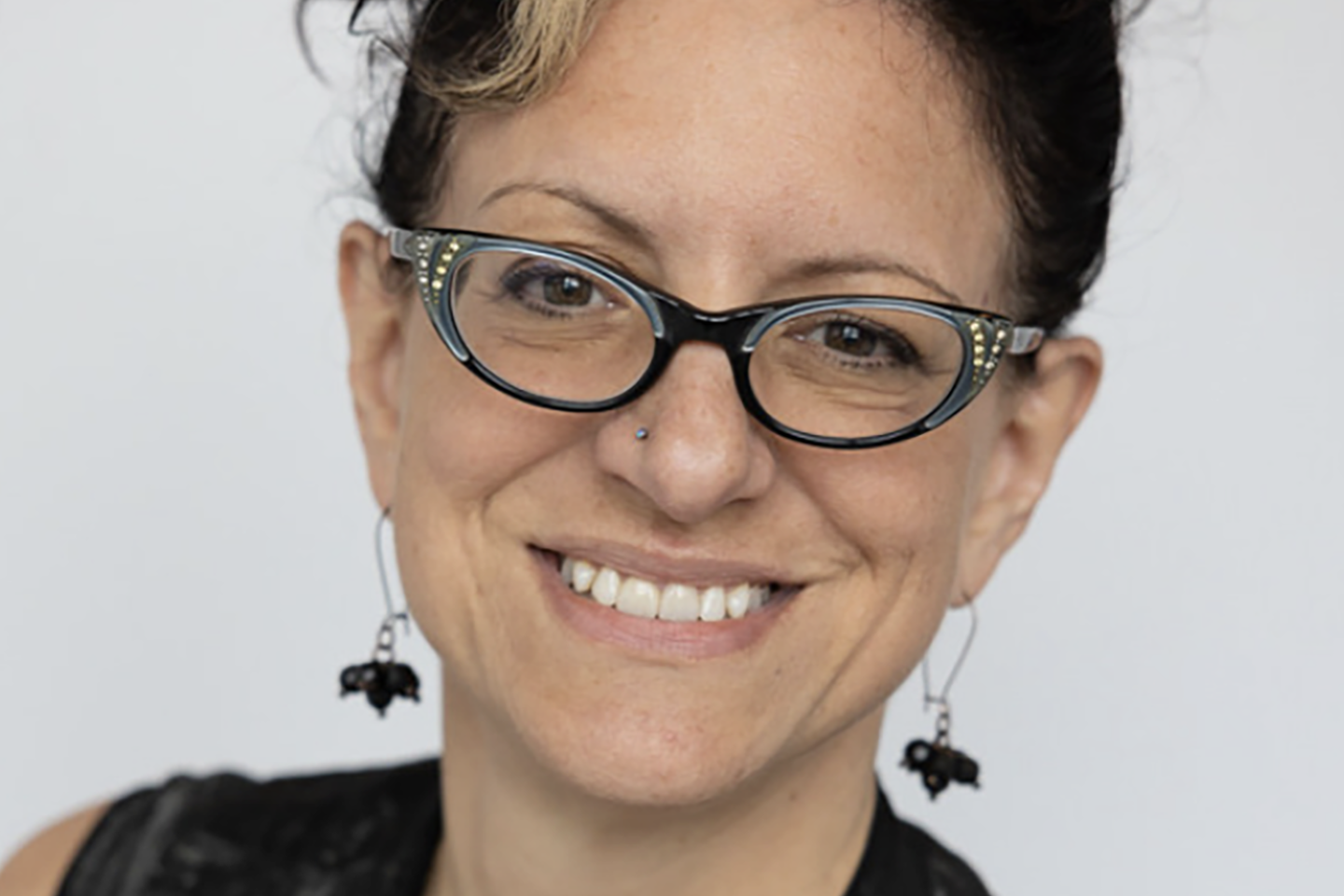
Heritage speakers frequently have characteristics that differ from those of second language learners and require different pedagogical approaches.
This talk covers questions such as these: What are some typical linguistic, affective, and academic profiles of heritage speakers? How can we determine appropriate curricular goals, instructional approaches, and placement procedures? And what can instructors do when a separate heritage speaker course is not possible and a classroom contains a mix of “apples” and “oranges”? The goal in all cases is to best serve the linguistic and affective needs of heritage speakers.
Global Languages Pedagogy Lecture Series
Next event in this series: 04/12/22: Lecture by Sahie Kang
Kim Potowski is Professor of Spanish linguistics at the University of Illinois at Chicago. Her research focuses on Spanish in the United States: who uses it, with whom, and for what purposes? What changes is it undergoing? How does it connect to identity and to promoting social justice? She began directing her campus’ Spanish Heritage Language Program in 2002 and is the founding director of its summer study abroad program in Oaxaca, Mexico, where she spent a year as a Fulbright scholar. Her advocacy for the value of dual language education was the focus of her 2013 TEDx talk “No child left monolingual.” She is currently writing a methods book written in Spanish for heritage language teachers, and she has authored and edited over 12 books including:
El español de los Estados Unidos
Heritage language teaching: Research and practice
Conversaciones escritas
and Gramática española: Variación social
